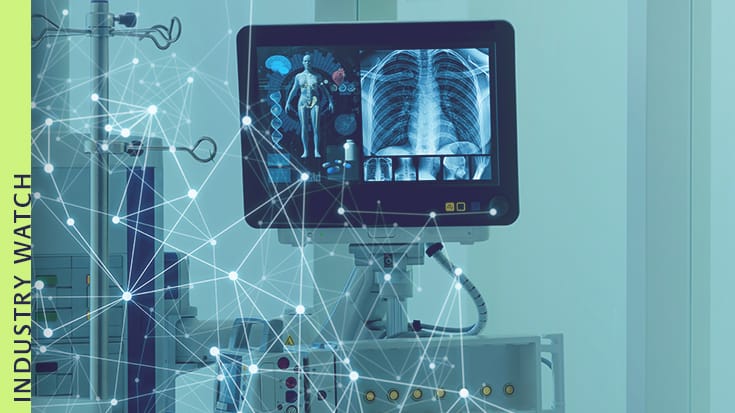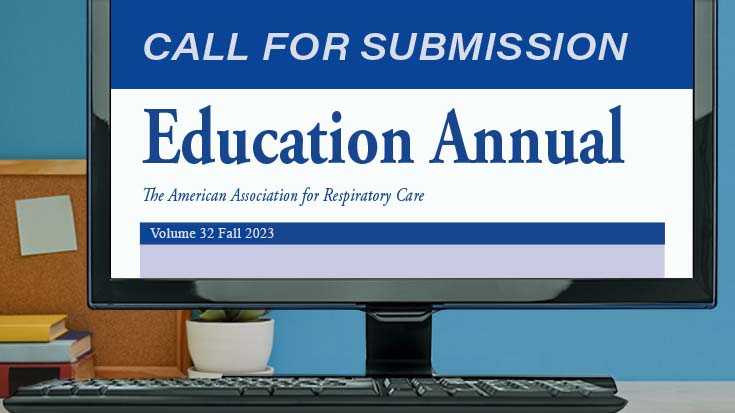
Inhaled COVID-19 Medication Shows Promise
A Phase 1 trial of Ampio Pharmaceuticals’ inhaled COVID-19 medication, Ampion, found the drug led to an improvement in all-cause mortality when compared to standard of care, reduced hospital length of stay, lowered the requirement for oxygen, and improved outcomes by day five. Adverse events were about the same in the treatment and standard of care groups. The data have been presented to the FDA as guidance for a potential Emergency Use Authorization for the therapy. The company plans to launch a trial of the inhaled medication in people with “long haul” COVID-19 soon. “The complications from COVID-19 stem not from the virus but from the out-of-control inflammatory immune response it triggers, which remains a problem long after the infection is over,” said Ampio Chairman and CEO Michael Macaluso. “We believe that inhaled Ampion could provide a significant therapeutic benefit for those patients.” Read More
ReddyPort Device Enables Better Communication Between Patients and Providers
ReddyPort has launched a new device that makes it possible for patients on noninvasive ventilation to communicate with clinicians and others without removing the mask. The ReddyPort Microphone and Controller includes a single-patient use microphone that connects to the ReddyPort Elbow, providing an interface for the application of CPAP or bi-level therapy. “Noninvasive ventilation is often a lifesaving patient intervention for respiratory distress, but these ventilation masks create barriers for adequate communication between doctors and patients,” said Dr. Quinn M. Snyder, an emergency physician in Mesa, AZ. “As an emergency physician, my ability to obtain accurate and expedient clinical history can often alter the course of treatment. With the ReddyPort microphone technology, I am no longer deprived of information I need to care for these critical patients.” Read More
Cystic Fibrosis Foundation Supports Development of Inhaled Pravibismane
According to the Microbion Corporation of Bozeman, MT, and Microbion Pharma Corp. of Vancouver, BC, the Cystic Fibrosis Foundation (CFF) is kicking in up to $1.8 million to support toxicology studies aimed at advancing the development of inhaled pravibismane for the treatment of cystic fibrosis. The CFF previously awarded $5.6 million to the company to develop the medication. The first in its class of anti-infective drugs structurally unrelated to other clinically utilized antibiotics, pravibismane functions as a microbial bioenergetic inhibitor, shutting down bacterial ATP production and halting all cellular metabolism. It has demonstrated broad-spectrum, potent, and persistent antimicrobial activity against CF-relevant pathogens in the lab, along with potent activity against the biofilms that these pathogens establish. Read More
FDA Reviewing Dupixent for Younger Children
The FDA is reviewing Dupixent as an add-on treatment for children between the ages of six and 11 years old who have uncontrolled moderate-to-severe asthma, report Regeneron Pharmaceuticals, Inc., and Sanofi. The drug is currently approved as an add-on treatment for adults and children age 12 and up with elevated eosinophils or oral corticosteroid dependent asthma that is considered uncontrolled. The supplemental Biologics License Application is supported in part by results of a Phase 3 clinical trial that showed Dupixent significantly reduced severe asthma attacks and rapidly improved lung function within two weeks in children aged six to 11 years, with safety results generally consistent with the safety profile seen with patients age 12 and older. Read More
Email newsroom@aarc.org with questions or comments, we’d love to hear from you.













